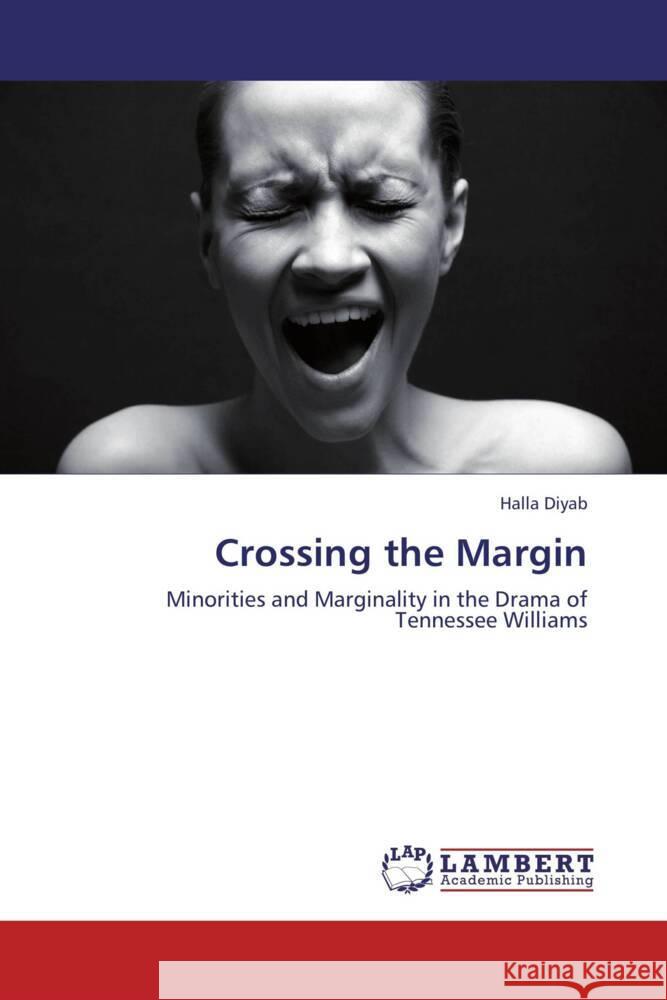Crossing the Margin : Minorities and Marginality in the Drama of Tennessee Williams » książka
Crossing the Margin : Minorities and Marginality in the Drama of Tennessee Williams
ISBN-13: 9783659253157 / Angielski / Miękka / 2012 / 336 str.
This book examines the development of the concept of minority in the plays of Tennessee Williams, as it transforms from minority as the identity of a certain group in his early plays, into an experience of marginality. In The Glass Menagerie (1945), A Streetcar Named Desire (1947) and Suddenly Last Summer (1958) Williams' characters experience self-confinement within the body, which categorises them as identifiable minorities. Three versions of The Night of the Iguana will be pivotal in this book; the 1961 three-act version of Iguana finds the 'interior space' of the characters' confinement in conflict with 'the exterior space'. In Williams' later plays, including Kingdom of Earth (1968), In the Bar of a Tokyo Hotel (1969) and Small Craft Warnings (1972), the concept of marginality becomes more abstract, in regards to the characters' interaction with one another to create a space of liberation. The book defines this space as 'the circle of 'one-ness' which is formed between two marginalized characters who come together in order to be liberated from their own confinement. Over the course of these plays Williams widens this dramatic circle to operate on a collective level of unity.











